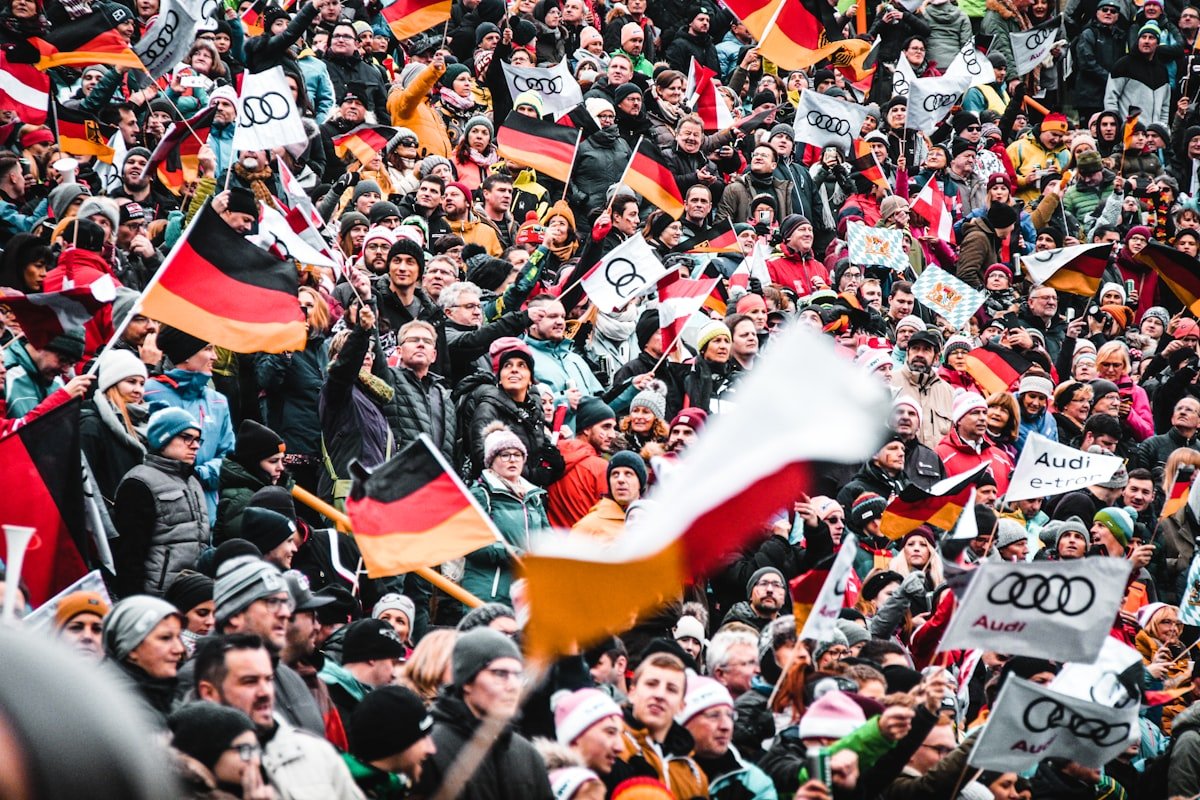Germany to Extend Border Controls in 2025 as Part of Crackdown on Irregular Immigration
In a significant move to curb irregular immigration, Germany has announced plans to extend Germany border controls into 2025. The decision comes amid rising political pressure and increasing numbers of unauthorized entries into the country. These stricter Germany border controls aim to enhance security while addressing concerns over illegal migration and human trafficking. The measures reflect Germany’s commitment to maintaining order while balancing humanitarian obligations.
Why Germany Is Tightening Border Controls
The German government has cited multiple reasons for extending Germany border controls, including a surge in unauthorized crossings and the need to combat human smuggling networks. Recent data indicates a notable rise in migrants entering through neighboring countries, prompting authorities to reinforce surveillance and checks. The extended controls will primarily target land borders with Poland, the Czech Republic, and Switzerland, where irregular migration has been most prevalent.
Interior Minister Nancy Faeser emphasized that the measures are not intended to restrict legal migration but to prevent abuse of asylum systems. By strengthening Germany border controls, the government hopes to deter smugglers while ensuring that those with legitimate claims receive proper processing. Critics, however, argue that prolonged checks could strain relations with neighboring EU states and disrupt free movement within the Schengen Zone.
The Impact of Extended Border Controls on Migration Flows
Experts predict that the extended Germany border controls will significantly reduce irregular entries but may also push migrants toward more dangerous routes. Human rights organizations have raised concerns about the humanitarian consequences, as tighter enforcement could leave vulnerable individuals stranded or forced into riskier journeys. The German government has pledged to work with international partners to address these challenges while maintaining robust border security.
Additionally, the new measures include enhanced cooperation with transit countries to tackle smuggling operations before migrants reach German borders. This multi-layered approach aims to disrupt criminal networks while providing safer alternatives for asylum seekers. Despite these efforts, debates continue over whether stricter controls will achieve long-term stability or merely shift migration pressures elsewhere.
Political and Public Reactions to the Decision
The extension of Germany border controls has sparked mixed reactions across the political spectrum. Supporters, including conservative and right-wing parties, argue that the move is necessary to protect national security and manage migration effectively. They point to recent increases in asylum applications as evidence that stronger enforcement is overdue.
Opponents, however, view the decision as a step backward for human rights and European solidarity. Advocacy groups and left-leaning politicians warn that excessive restrictions could undermine Germany’s reputation as a haven for refugees. The debate highlights broader tensions within the EU over migration policies, with some member states advocating for stricter measures while others push for more compassionate approaches.
How Germany’s Border Strategy Compares to Other EU Nations
Germany is not alone in reinforcing its borders—several EU countries have implemented similar measures in response to rising migration pressures. Nations like Austria and Denmark have also introduced temporary controls, citing security and public order concerns. However, Germany’s decision to extend checks into 2025 sets it apart as one of the most assertive in border enforcement.
The European Commission has called for a unified approach to migration, but member states remain divided on the best path forward. While some advocate for shared responsibility and relocation schemes, others prioritize national sovereignty and stricter entry requirements. Germany’s extended Germany border controls reflect this ongoing struggle to balance security, humanitarian obligations, and EU cohesion.
The Future of Germany’s Immigration Policies
As Germany prepares to enforce extended Germany border controls in 2025, questions remain about the long-term effectiveness of such measures. Will they reduce irregular migration, or will they simply redirect flows to other regions? Policymakers must also consider the socioeconomic implications, including labor market demands and integration challenges for legally admitted migrants.
Looking ahead, Germany may explore additional reforms, such as faster asylum processing and expanded legal pathways for skilled workers. The government’s ability to strike a balance between security and compassion will shape not only its domestic policies but also its role in broader EU migration discussions.

Conclusion: A Delicate Balance Between Security and Compassion
Germany’s decision to extend Germany border controls underscores the complexities of managing migration in an era of global displacement. While the measures aim to enhance security and deter illegal entries, they also raise important ethical and logistical questions. As 2025 approaches, the effectiveness of these controls—and their broader impact on Europe’s migration landscape—will be closely watched by policymakers and advocates alike.
For now, the German government remains firm in its stance, emphasizing that border security is essential for maintaining public trust in the immigration system. Whether this approach will achieve its intended goals or require further adjustments remains to be seen. One thing is certain: the debate over Germany border controls will continue to shape national and European migration policies for years to come.




 Haider Ali suspended over rape investigation in England
Haider Ali suspended over rape investigation in England